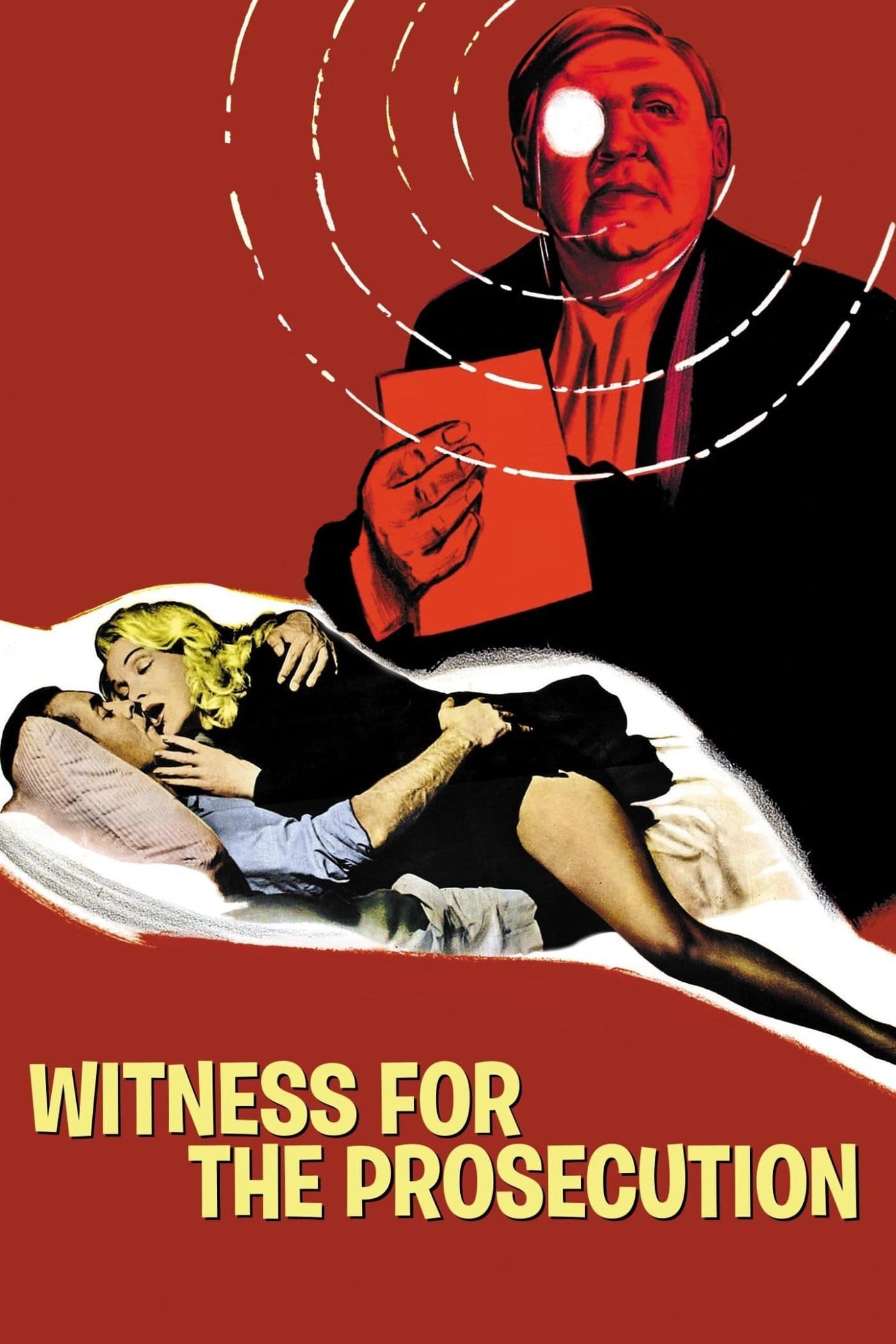
Witness for the Prosecution
1957
Rate this movie
Average: 5.00 / 5
(1 votes)
Director
A film where Wilder’s deceptive brilliance forces the viewer to doubt every character, almost as if every party involved conceals unspeakable secrets behind a curtain of misleading words. It is a masterful essay on the relativity of truth, a recurring theme in the Austrian director's work, which here culminates in a narrative fabric worthy of the most cunning illusionist. Wilder, in fact, does not merely construct an impeccably crafted whodunit, but transforms it into an examination of perception and human fallibility, compelling the audience to question not only the integrity of the protagonists but their own capacity for discernment. The echo of this distrust in linear storytelling can be found in masterpieces such as Sunset Boulevard or Double Indemnity, where the narration is intrinsically flawed by interests, delusions, or despair.
Adapted from a play by Agatha Christie and masterfully performed by an extraordinary Charles Laughton (in the role of an ambiguous and sickly lawyer), this work stands out for its catatonic suspense. Laughton, with his unmistakable bulk and phlegmatic gait, brings to life Sir Wilfrid Robarts, a legal luminary whose intellectual brilliance is severely tested by precarious health. His performance is a tour de force of subtle wit and ostentatious fragility, a symphony of nervous tics and distilled wisdom. His almost symbiotic relationship with the meticulous nurse, played by his real-life wife Elsa Lanchester, adds layers of dark comedy and unexpected tenderness, a human counterpoint to the cold judicial logic. The film adaptation of the "Queen of Crime's" play is a remarkable stylistic exercise, as Wilder, while respecting Christie's intricate structure and plot twists, imbues it with his acute cynicism and a psychological depth that transcends the mere resolution of the enigma. The suspense is not generated by sudden scares, but by a relentless progression of revelations and deceptions, a crescendo of intellectual tension that keeps the viewer glued to their seat, almost in a trance.
The story centers on a bitter dialectical battle fought in a courtroom, which serves as a true stage for a human drama of epic proportions. The claustrophobic courtroom setting, filmed with surgical precision by Wilder, becomes a crucible where truth is forged and twisted, rather than simply discovered. It is not merely a legal thriller, but a complex inquiry into the nature of justice, morality, and performance.
The legal case of Leonard Vole is recounted, a charming and seemingly naive young man, arrested on the accusation of being the murderer of a wealthy middle-aged widow, Emily French. His presumed innocence is called into question by overwhelming evidence and an enigmatic figure who will prove crucial.
By his side on the defense bench is Sir Wilfrid, formerly a prince of the bar and now severely debilitated by a recent heart attack. His return to the field is not only a legal but a personal challenge, a sort of swan song for a master whose mind, though clouded by illness, remains as sharp as a blade. His ability to navigate the intricacies of law and human psychology is the driving force behind much of the suspense, as every move he makes, every phrase he utters, is calculated to demolish the prosecution's certainties and instill doubt.
Great will be their astonishment when Vole's wife, Christine Helm, portrayed with chilling mastery by Marlene Dietrich, agrees to testify as a witness for the prosecution. Dietrich's entrance is an iconic cinematic moment: her impassive face, her metallic voice, her aura of a femme fatale make her the perfect embodiment of ambiguity. Her testimony, seemingly damaging to her husband, lays the groundwork for a series of reversals that defy all expectations. Her performance is a masterpiece of control, an exhibition of detachment that conceals an abyss of emotions and intentions.
But this will only be the beginning of a barrage of plot twists that will culminate in an unpredictable epilogue. Wilder is not content with a simple "whodunit," but constructs a clockwork mechanism of false clues and shocking revelations, leading to a finale that is a genuine punch to the gut, an ironic and bitter mockery that completely overturns the viewer's perspective. It is a memorable ending, not only for its originality but for its ability to challenge everything that had been believed up to that moment. This Matryoshka-doll structure, where every truth reveals a further deception, is the distinctive hallmark of Wilder's narrative genius.
Wilder looms large and proves to be a great cinematic figure even when venturing into a genre not strictly his own: the legal thriller. Yet, his stylistic signature – sharp irony, disillusionment with human nature, a predilection for morally ambiguous characters and plots rich in subtext – perfectly aligns with the genre's conventions, elevating them to unexplored heights. The courtroom becomes his latest arena for exploring social hypocrisies and the shadowed areas of the human soul. The result is, of course, of an excellent standard, as with almost all his works, a timeless classic that continues to captivate and surprise, a monument to the power of storytelling and cinema's ability to deceive and enlighten simultaneously.
Country
Gallery
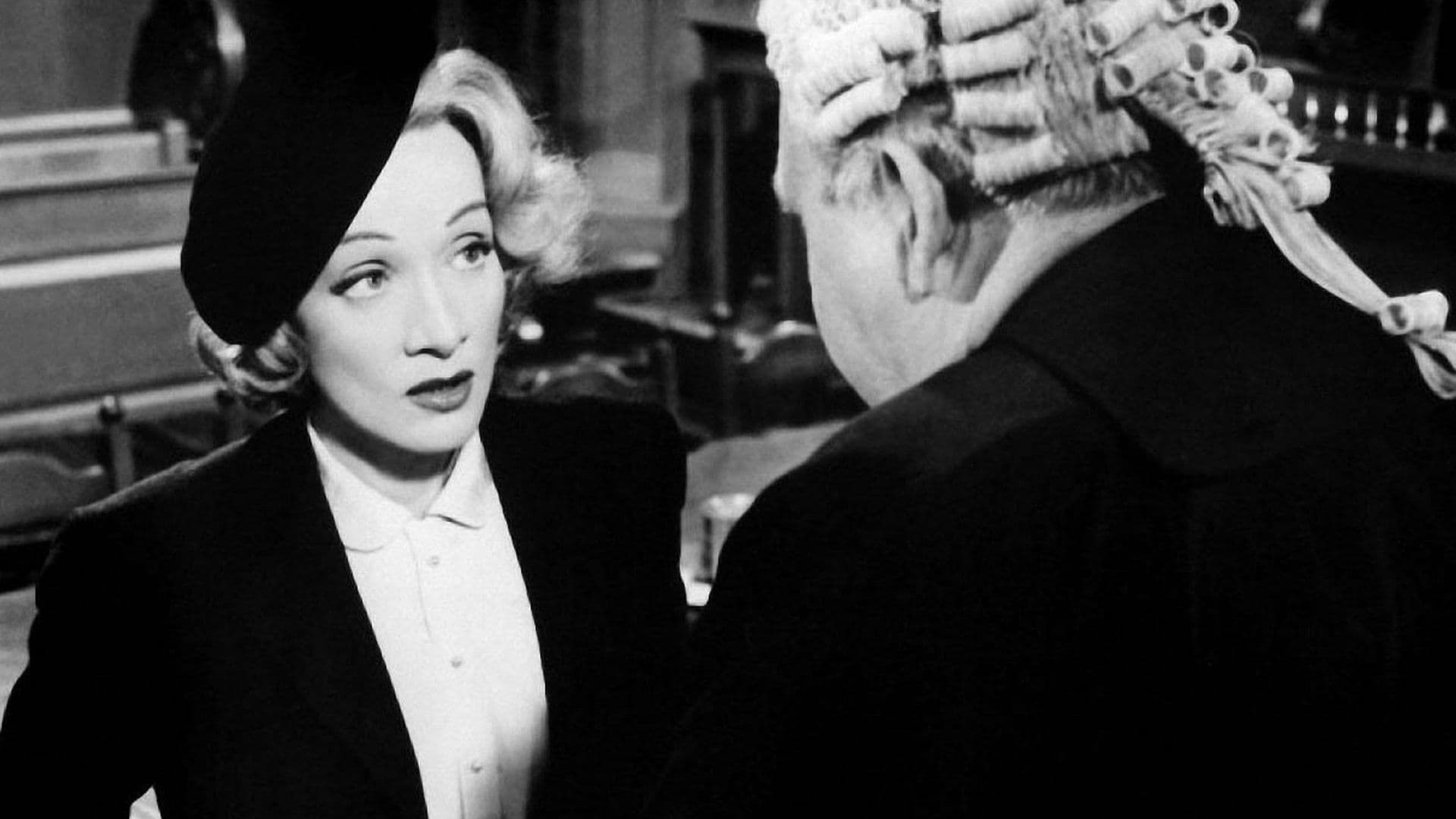
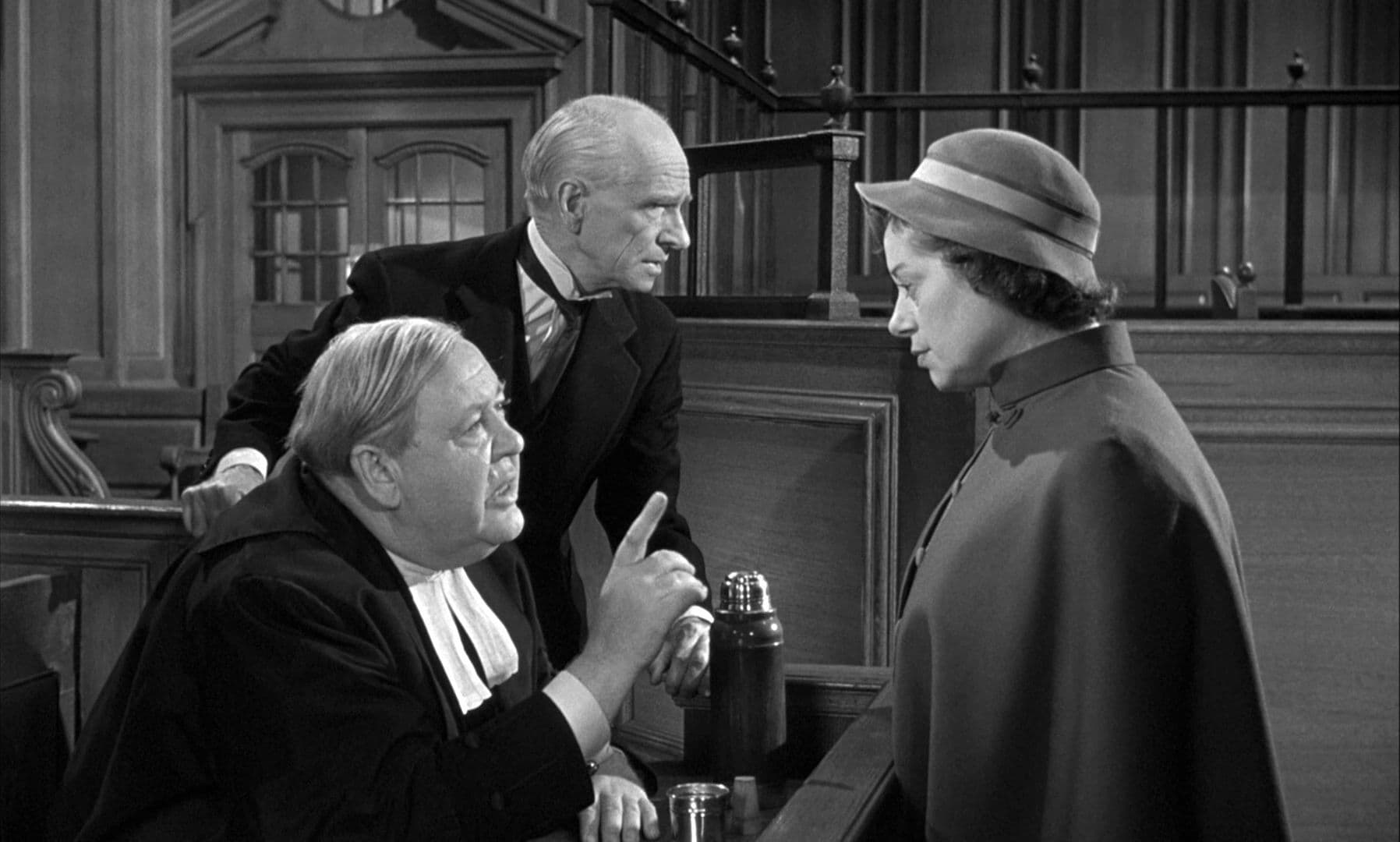
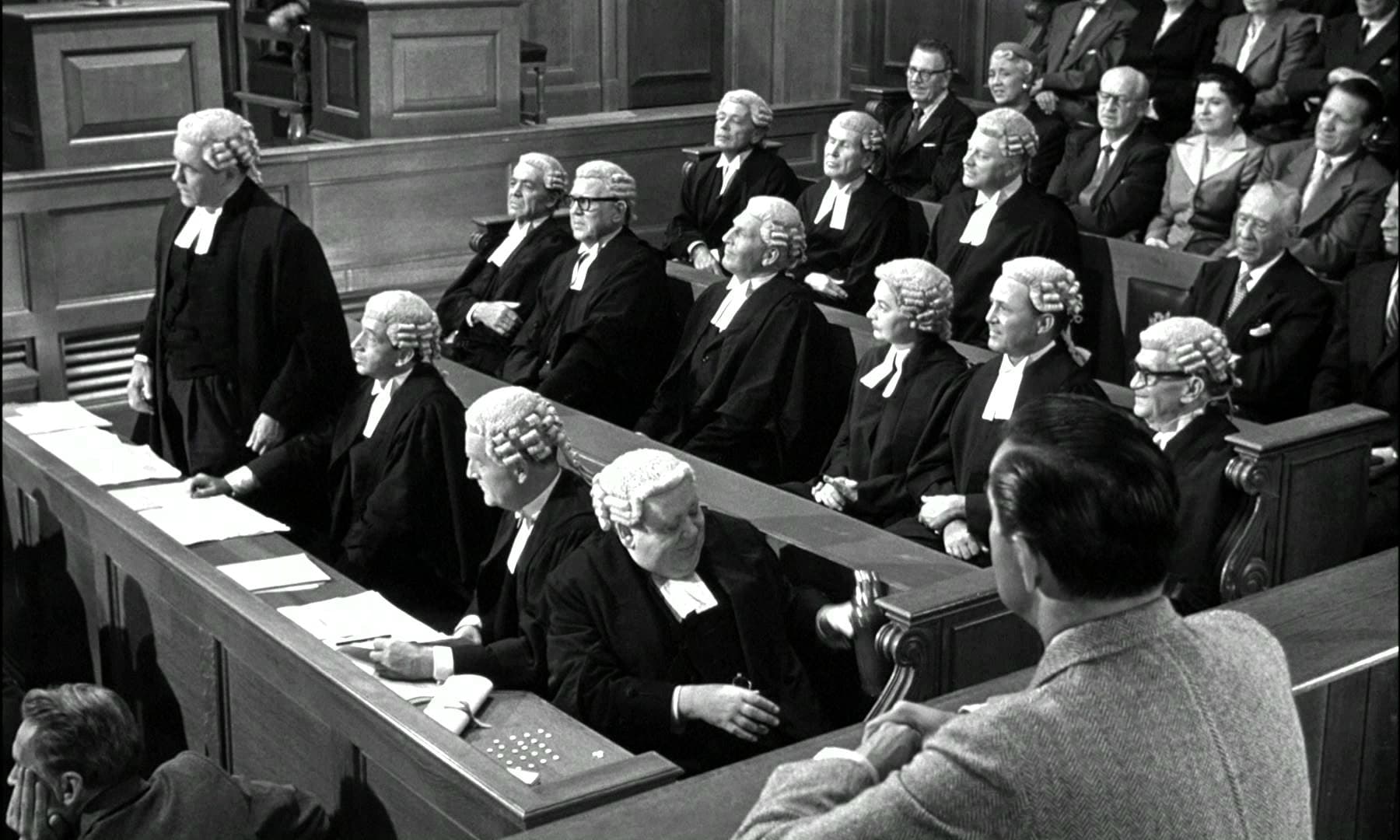
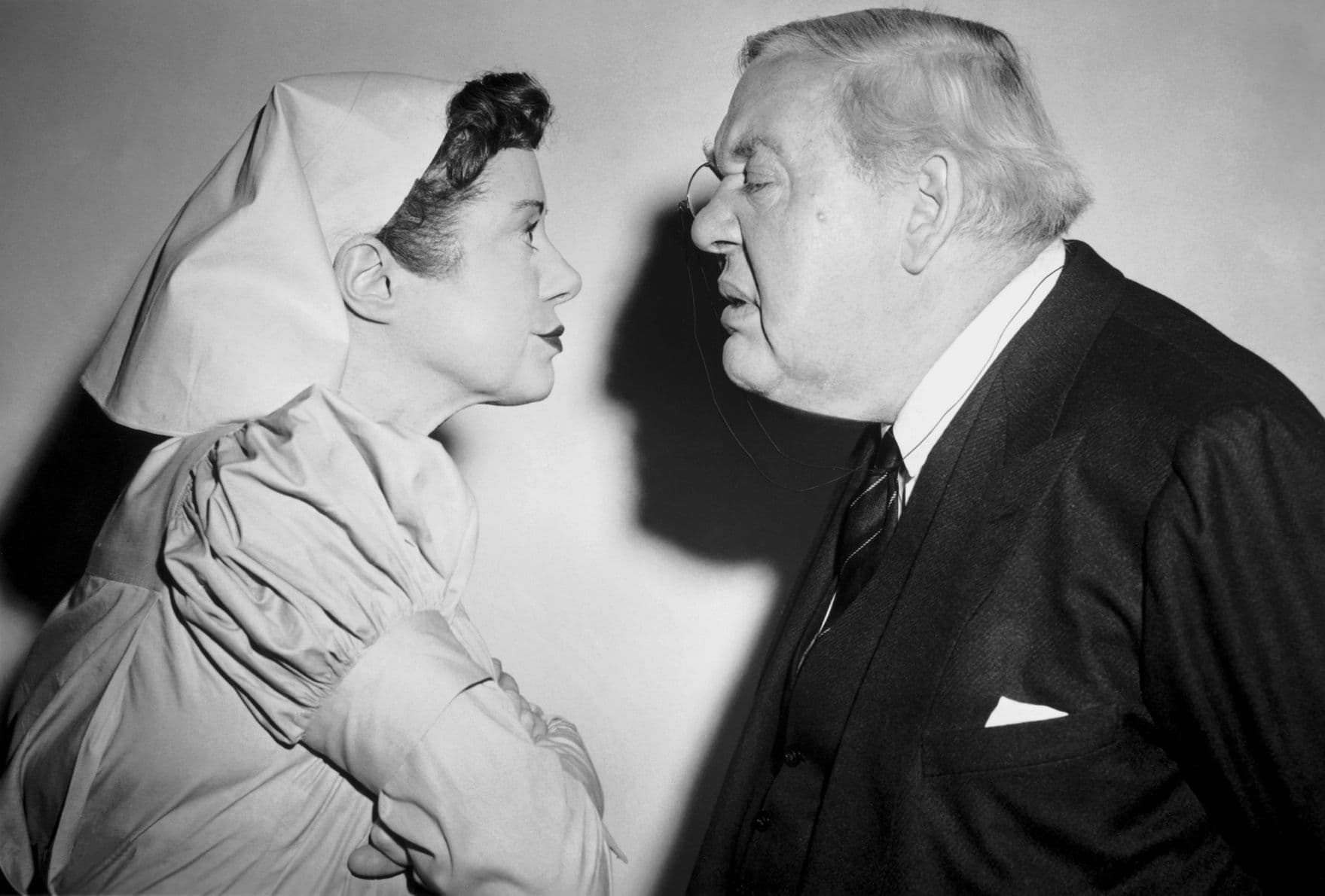
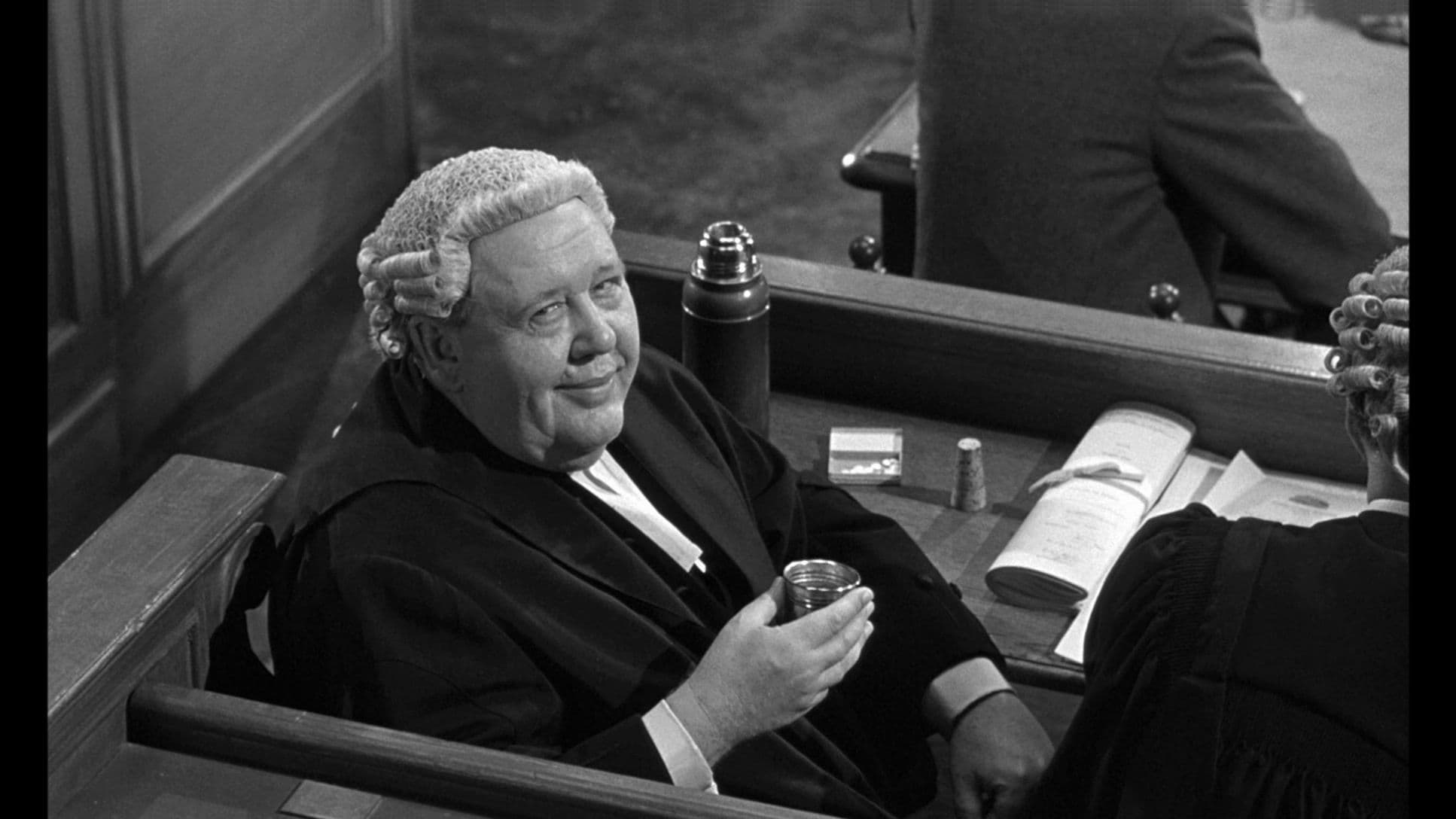

Featured Videos
Official Trailer
Comments
Loading comments...